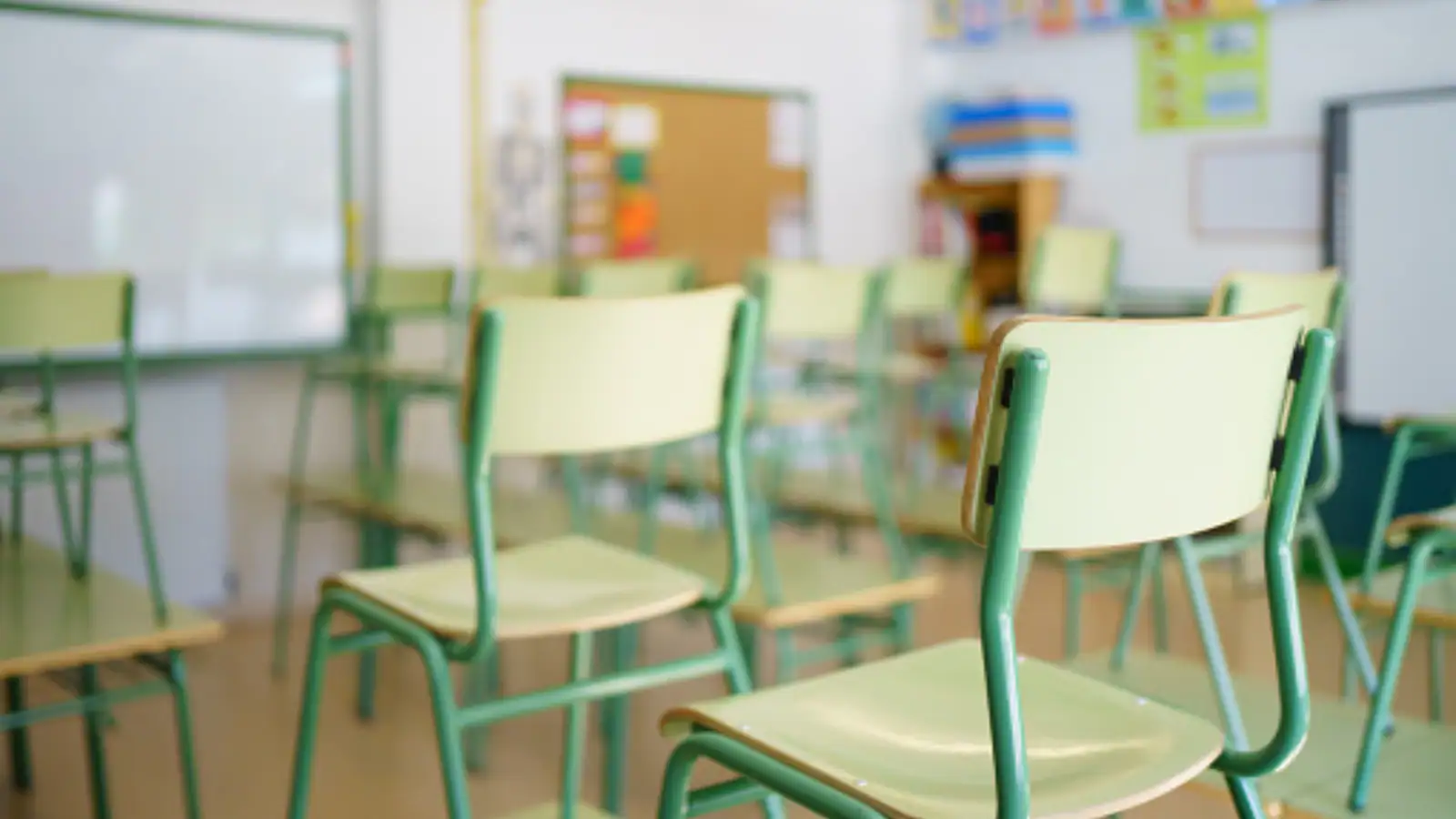Ahmedabad Schools Find Alcohol, Condoms In Student Bags. Parents Say It Is A ‘Part of Growing Up’
By News18,Sahas Mahapatra
Copyright news18

The shocking murder of a Class 10 student at Seventh Day Adventist Higher Secondary School in Ahmedabad has prompted schools across Gujarat to scrutinise what children bring with them each day. In a bid to ensure safety, many institutions have introduced surprise bag checks, and the findings have raised more questions than answers.
Other than books and lunch boxes, teachers found mobiles, cigarettes, vapes, alcohol, contraceptives, blades and even condoms. When informed, some parents admitted that their children do not listen to them, while others simply said it was “a part of growing up.”
Murder Case Sparks Statewide Bag Checks
Following the incident, The Times of India reached out to several schools, and one of the principals said, “It is surprising and worrying. It shows how far student life stretches beyond their classwork. Alongside the expected books and tiffins, there were mobiles, tablets, lighters, cigarettes, vapes, and in one rare case, alcohol in a water bottle.” Another school principal added, “We have found whiteners, lipsticks, kajal, nail filers, deodorants, oral contraceptives, condoms and even spare clothes and footwear.”
In the wake of the SDA case, one school has taken stricter measures by completely banning items like scissors and rounders. According to an educator, parents are instructed not to send these unless specifically requested in writing by the school. Beyond sharp tools, inspections have also uncovered playing cards, romantic and pornographic novels, expensive pens, jewellery, personal journals, and even cash over Rs 100–200.
Parents Struggle To Control Children
Another principal shared, “While parents are informed about confiscated items immediately, they are handed over the items during the parent-teacher meetings. Some parents confide that their children do not listen to them. Some parents are even comfortable with ‘adult books’ being found and view them as part of ‘growing up’.”
A principal said, “The bag checks are just scratching the surface. What’s inside reflects the outside environment, homes, screens and streets. Schools can confiscate items, but the real work is helping children understand why they feel the need to carry them in the first place.”
Dr Prashant Bhimani, a senior psychologist, explains that children are often influenced by their peers and by what they consume in the media. If one student brings something unusual, others tend to imitate it. Popular music, TV shows, and web series can also normalise adult habits, which teenagers are then tempted to replicate.
Counsellors note that constant exposure to violent content on streaming platforms can shape the way children think. Some begin to believe that carrying blades, paper cutters, or even chains is necessary for self-defence. Similarly, when children see alcohol or cigarettes at home, they may start to view them as a normal part of everyday life.



